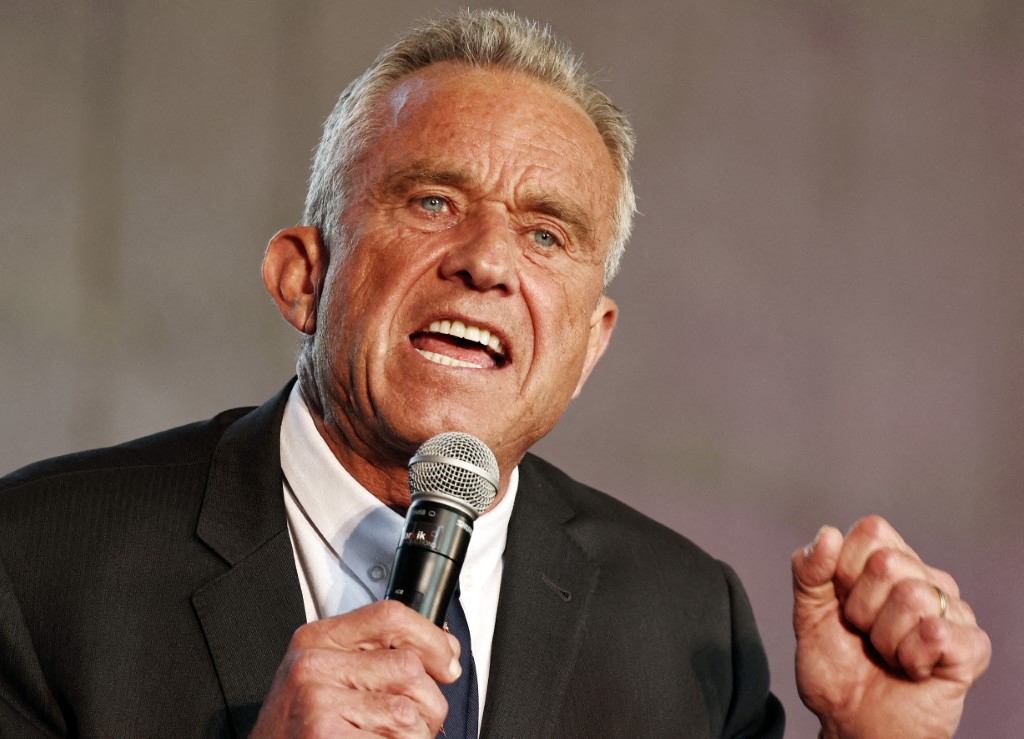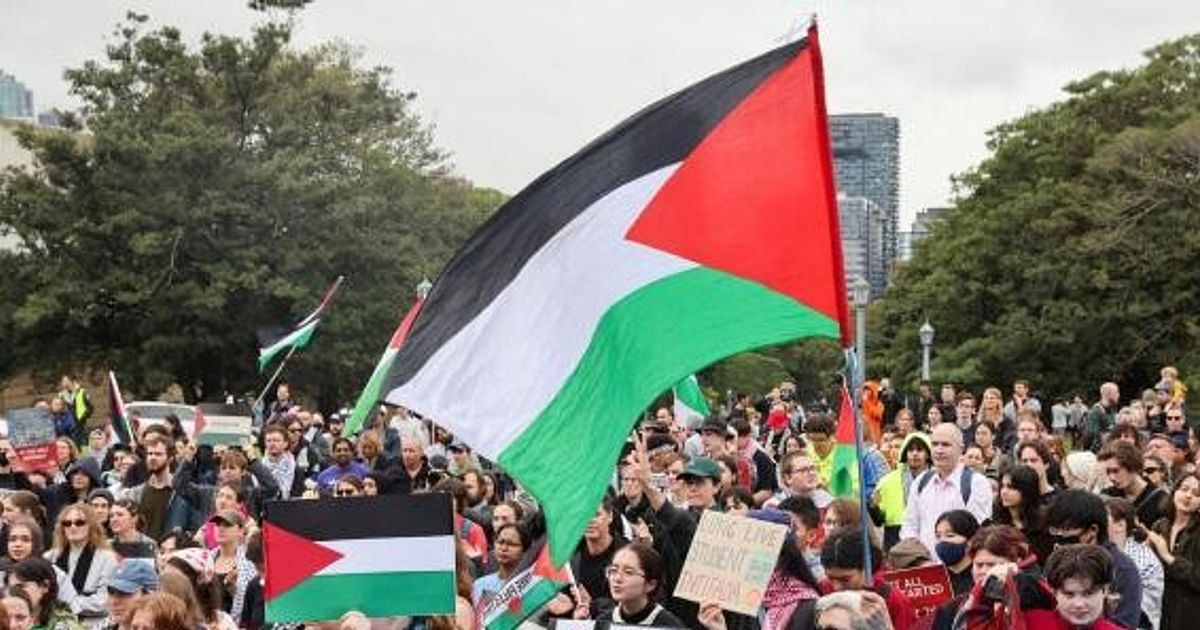Israel's Preparations and International Concerns Over Potential Gaza Invasion as Civilian Risk Intensifies
As Israel solidifies plans for a military operation in Gaza's Rafah, concerns over civilian safety and international dissuasion take center stage in the Middle East.
Published April 26, 2024 - 00:04am

Image recovered from bostonglobe.com
Israeli preparations for a possible invasion of the densely populated city of Rafah in the Gaza Strip have raised alarms about the humanitarian impact and drawn international scrutiny. Satellite imagery has indicated a significant buildup of what appears to be evacuation zones for civilians with large numbers of tents erected, suggesting a preemptive move to minimize civilian casualties as the conflict with Hamas escalates.
Amid reports from various international media, officials from Israel and commentary from international humanitarian organizations, there's a dissonance in opinions regarding the potential effectiveness and consequences of the operations. Israel maintains that the measures aim to ensure the safety of civilians in the event of a military offensive, going as far as to establish a 'humanitarian zone' in Muwasi and plans to relocate displaced people there, with reports of shelters being set up in Khan Younis as part of the evacuation operation expected to last several weeks.
Mohammed al-Hassi, a medic situated in Muwasi, voiced concerns over existing infrastructure's inability to support a surge in displaced individuals. With the absence of sufficient sanitation facilities, clean water, and space, these areas may not be capable of handling the likely influx of refugees.
Furthermore, the military buildup, including Israel's call-back of reservist brigades and reported coordinated planning with allies, reflects tensions ahead of a large-scale assault envisaged by the Israeli government. Sources suggest the Israeli military's strategy involves attacking Rafah in stages to limit civilian casualties, altering initial offensive plans under pressure from the United States and other countries concerned with the humanitarian fallout.
The situation has also prompted protests in Israel following Hamas's release of video content purportedly showcasing hostages, prompting public outcry and demand for government action. International bodies like the United Nations have expressed concern about the further deterioration of what is already a grave humanitarian situation. The interoperability of the maneuvers with international security forces, specifically Egypt, is also a point of interest, given that it might predicate further developments within the region.
These developments are occurring against a backdrop of intense negotiations and virtual meetings with the Biden administration, which has made clear its stance against a large-scale invasion due to the potential for high civilian casualties. Such a situation is likely to exacerbate the already dire conditions faced by those displaced in Gaza, creating a situation that is untenable from both a humanitarian and security standpoint.
The international community has raised concerns regarding the planned invasion, citing the dire consequences such military actions have historically had on Gaza's civilian population. The Gaza Strip, one of the most densely populated regions in the world, has undergone severe infrastructural damage due to recurrent conflicts, leaving its inhabitants vulnerable to further hardship. Human rights organizations emphasize that even with Israeli efforts to create evacuation zones, the potential for collateral damage and civilian trauma is immense.
As the ground situation in Gaza remains tense, diplomatic efforts intensify to avert a potentially catastrophic military clash. Representatives from the European Union, the Arab League, and other involved nations are reportedly engaging in high-level dialogues to offer diplomatic solutions that would prevent further escalation of violence. There is a concerted push for mediating a cease-fire agreement between Hamas and the Israeli government to forestall a full-blown crisis.
In addition to the humanitarian concerns, economic implications are also under consideration. The blockade on Gaza, imposed by Israel and Egypt for security reasons, has already crippled the Gazan economy. A military operation might further devastate Gaza's economic infrastructure leading to long-term repercussions that could take decades to recover from. Aid agencies warn that such actions could trigger an economic collapse in the strip, with widespread implications for regional stability.
On the ground in Gaza, tensions also reverberate through the subjective experiences of the residents. Eyewitness accounts describe an atmosphere laden with fear and uncertainty, as families brace for what might unfold in the coming weeks. Children, who form a significant proportion of Gaza's population, are particularly susceptible to the psychological impacts of conflict. Educational and developmental experts highlight the long-term effects of such strife on children, advocating for all parties to prioritize their protection in any conflict scenario.
Meanwhile, amidst these tense preparations, technology plays a crucial role in both the humanitarian and military aspects of the situation. Innovations in communication have allowed for warnings and evacuation orders to be disseminated rapidly, potentially saving lives. At the same time, military technologies enhance the precision and strategic capabilities of the armed forces, which Israel claims are aimed at minimizing civilian losses.
The international legal community is monitoring the situation for compliance with the laws of armed conflict, particularly those related to the protection of civilians and the conduct of hostilities. Legal analysts stress the importance of adherence to principles such as distinction and proportionality when engaging in military operations in such densely populated areas.
As the world watches with hawkish eyes, the potential for an invasion of Rafah poses as much a moral quandary as it does a strategic one. The global narrative surrounding the Israeli-Palestinian conflict is reflected and refracted through the prism of such high-stakes maneuvers, influencing public opinion and international relations. How Israel navigates this junction between military imperative and humanitarian responsibility could define the regional dynamic for years to come.






